Doctor Thorne
Book Excerpt
The two eldest, Augusta and Beatrice, lived, and were apparently likely to live. The four next faded and died one after another--all in the same sad year--and were laid in the neat, new cemetery at Torquay. Then came a pair, born at one birth, weak, delicate, frail little flowers, with dark hair and dark eyes, and thin, long, pale faces, with long, bony hands, and long bony feet, whom men looked on as fated to follow their sisters with quick steps. Hitherto, however, they had not followed them, nor had they suffered as their sisters had suffered; and some people at Greshamsbury attributed this to the fact that a change had been made in the family medical practitioner.
Then came the youngest of the flock, she whose birth we have said was not heralded with loud joy; for when she came into the world, four others, with pale temples, wan, worn cheeks,
Editor's choice
(view all)Popular books in Fiction and Literature, History, Romance
Readers reviews
The novel is driven by Mary's love for young Frank Gresham, the young squire of Greshamsbury. His father is the first commoner of West Barsetshire and connected by marriage to the local aristocracy, the de Courcys. The squire having encumbered Greshamsbury in debt, the family's only hope is that Frank marry money; however, he is adamant he will wed only his love, Mary Thorne.
According to Auden, no writer so well understood money as Anthony Trollope; here his unhurried and warm prose mercilessly skewers the pretensions of "high birth" and "noble blood." While the love story is somewhat dull, the dissection of the social and economic pressures playing on the different classes is brilliant.
Nonetheless the love story is at the forefront, and the novel suffers slightly for it. However, even though Frank and Mary are not particularly interesting, the wide cast of supporting characters are brilliantly drawn; their struggles for love and money make this novel well worth reading.
- Upvote (0)
- Downvote (0)
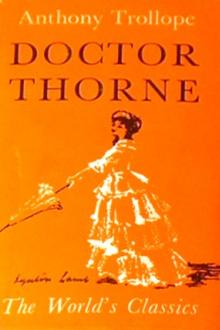
 Free Download
Free Download





















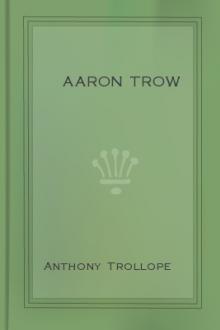
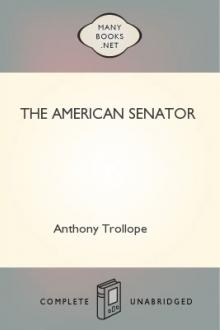
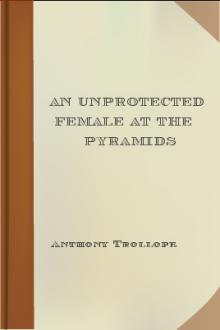
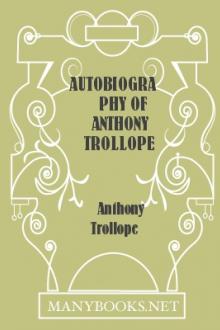
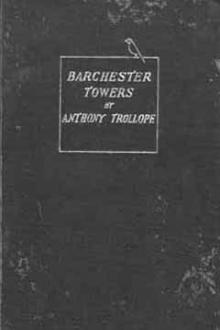
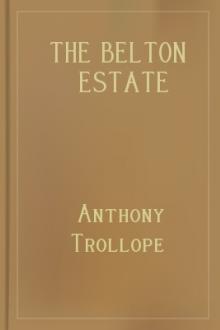
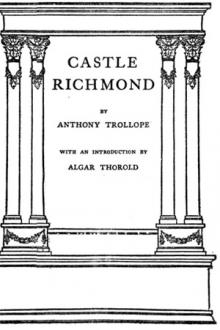
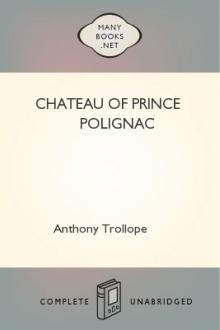
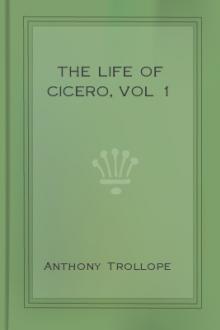
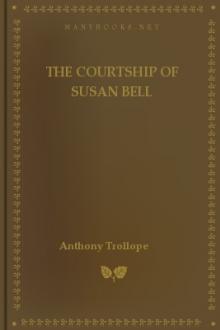
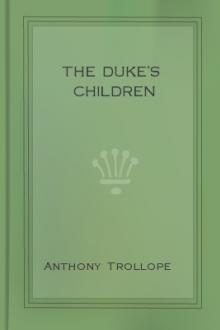
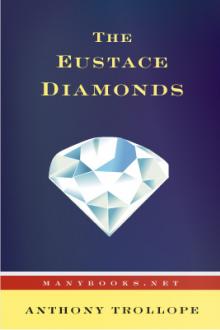
-itok=vcKIB5v1.jpg)